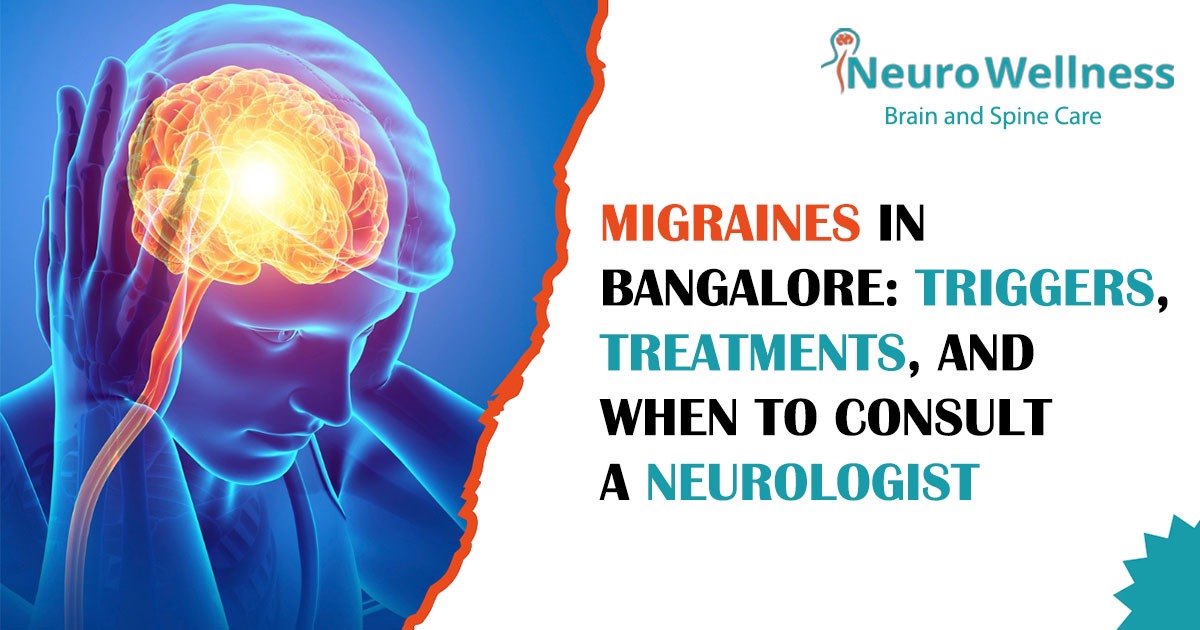Imagine waking up one day and struggling to speak or move one side of your body. This can happen if you have a brain clots, a serious medical condition in which a blood clot forms in the brain’s blood vessels.
A brain clot can lead to a stroke, which is a leading cause of death and disability worldwide. According to the World Health Organization, strokes are the second leading cause of death globally, causing about 11% of total deaths.
Understanding brain clot causes and learning how to prevent them can reduce the risk of these life-threatening events and improve overall health.
Read on as our best neurosurgeon in Bangalore explains brain clot causes and how to prevent them.
What are Key Brain Clot Causes?
Brain clots form when blood cells clump together and block blood flow in the brain. There are several reasons why this happens.
High Blood Pressure
High blood pressure, or hypertension, is a major cause of brain clots. It damages blood vessels, making them more likely to cause brain clots. Keeping blood pressure under control is crucial to prevent brain clots.
Atherosclerosis
Atherosclerosis occurs when plaque builds up inside the arteries. This plaque is made of fat, cholesterol, and other substances. As it builds up, it narrows the arteries, making it easier for clots to form.
Heart Disease
Heart disease increases the risk of brain clots. Conditions like atrial fibrillation cause irregular heartbeats, which can lead to clot formation. These clots can then travel to the brain and cause a stroke.
Diabetes
Diabetes damages blood vessels over time. High blood sugar levels are one of the most common brain clot causes. Managing diabetes effectively can reduce the risk of brain clots.
Obesity
Obesity is linked to many health issues and is also one of the most significant brain clot causes. Excess body weight puts extra pressure on the heart and blood vessels, increasing the likelihood of clot formation.
Smoking
Smoking damages the blood vessels, making them more prone to clot formation. Quitting smoking is a key step in reducing the risk of brain clots.
Symptoms of Brain Clots
Recognising the symptoms of a brain clot is crucial. Early detection can improve treatment outcomes. Here are the key symptoms to watch for:
Sudden Numbness or Weakness
Sudden numbness or weakness in the face, arm, or leg, especially on one side of the body, can indicate a brain clot. This happens because the clot disrupts the blood flow to the brain areas controlling muscle movements.
Confusion or Trouble Speaking
Often, brain clot causes sudden confusion and difficulty speaking or understanding speech. They occur when the clot affects the brain regions responsible for language.
Vision Problems
Sudden trouble seeing in one or both eyes is a common symptom of brain clots. This includes blurry, double, or complete vision loss in one eye. The clot can disrupt blood flow to the parts of the brain that process visual information.
Severe Headache
A sudden, severe headache without known cause can indicate a brain clot. Often described as the worst headache of someone’s life, this pain can be intense and appear very quickly.
Dizziness or Loss of Balance
Sudden dizziness, loss of balance, or lack of coordination can indicate a brain clot. The clot affects the brain areas that control balance and coordination, making walking or standing difficult.
Brain Clot Prevention Strategies
Preventing brain clots involves making lifestyle changes and managing health conditions. Here are some effective strategies.
Maintain a Healthy Diet
A healthy diet can reduce the risk of brain clots. Include plenty of fruits, vegetables, whole grains, and lean proteins. Avoid foods high in saturated fats, trans fats, and cholesterol. These unhealthy fats can lead to plaque buildup in the arteries, increasing the risk of clots. Eating a balanced diet helps keep blood vessels healthy and clear.
Exercise Regularly
Regular exercise improves blood circulation and helps maintain a healthy weight. Aim for at least 30 minutes of moderate exercise most days of the week. Activities like walking, cycling, and swimming are excellent choices. Exercise strengthens the heart and improves overall cardiovascular health, reducing the risk of clots.
Control Blood Pressure
Keeping blood pressure in check is crucial. Monitor your blood pressure regularly and follow your doctor’s advice to manage it. This might include taking medication, reducing salt intake, and managing stress. High blood pressure can damage blood vessels, making clots more likely. Controlling blood pressure helps maintain healthy blood flow.
Manage Diabetes
If you have diabetes, keep your blood sugar levels under control. Follow your doctor’s recommendations regarding diet, exercise, and medication. Proper management of diabetes reduces the risk of damage to blood vessels and helps prevent clot formation.
Quit Smoking
Quitting smoking can significantly reduce the risk of brain clots. The harmful chemicals in cigarettes damage blood vessels and increase the likelihood of clots. Seek support from friends, family, or a professional to help you quit.
Limit Alcohol Consumption
Excessive alcohol consumption can increase blood pressure and the risk of clot formation. Limit alcohol intake to moderate levels. Reducing alcohol intake helps maintain healthy blood pressure and reduces the risk of clots.
Take Medications as Prescribed
If you are at risk of brain clots, your doctor may prescribe medications like blood thinners. To prevent clot formation, take these medications as directed. Do not skip doses or stop taking the medication without consulting your doctor. Consistent use of prescribed medications is essential for preventing clots.
Regular Health Check-ups
Regular health check-ups are important for early detection and management of risk factors. Visit your doctor regularly to monitor your blood pressure, cholesterol levels, and overall health. These check-ups can help identify potential problems before they become serious.
Manage Stress
Chronic stress can negatively affect your health and increase the risk of brain clots. Practice stress management techniques like deep breathing, meditation, or yoga. Managing stress helps maintain overall health and reduces the risk of health problems related to chronic stress.
Want to Know More? Consult the Best Neurosurgeon in Bangalore
Understanding and preventing the possible brain clot causes is crucial for reducing the risk of strokes. Adopting a healthy lifestyle, managing chronic conditions, and regular check-ups are key. If you’re experiencing any of the symptoms discussed above, consult our best neurosurgeon in Bangalore. At NeuroWellness, we provide exceptional neurological care and treatment in our state-of-the-art facility, focused on helping our patients regain their quality of life.




